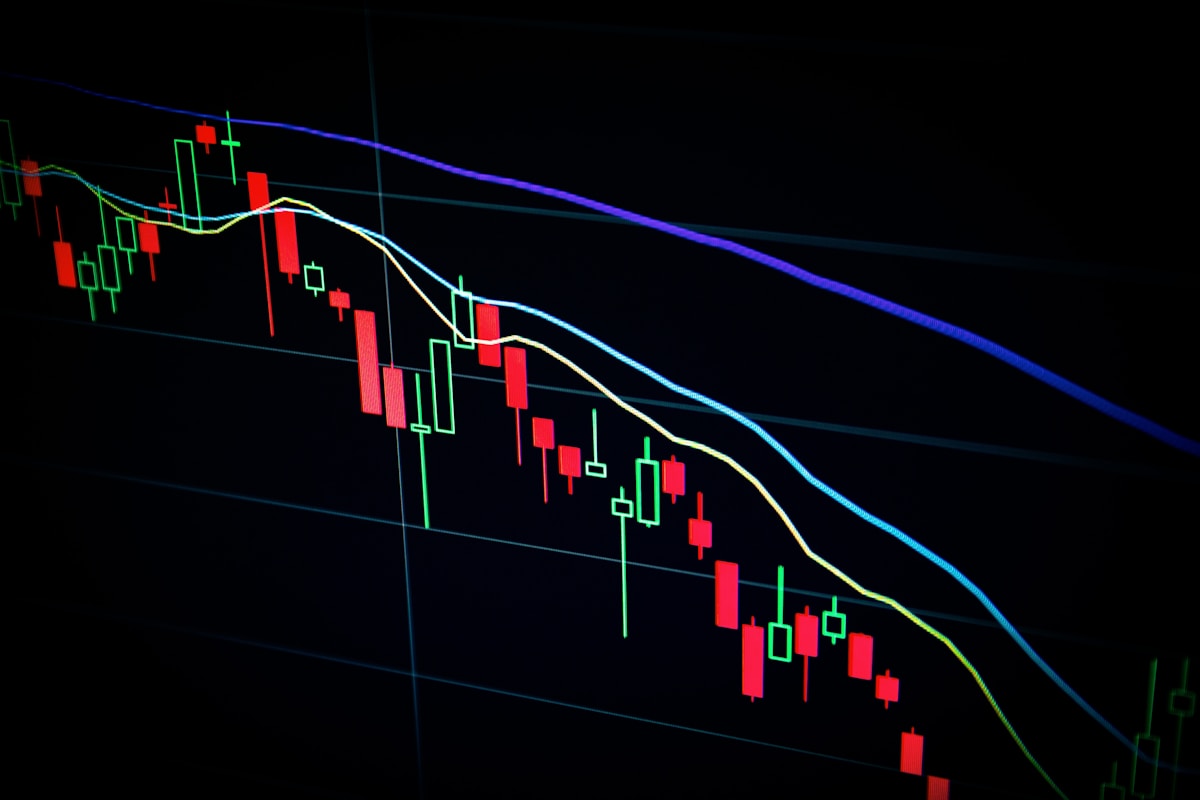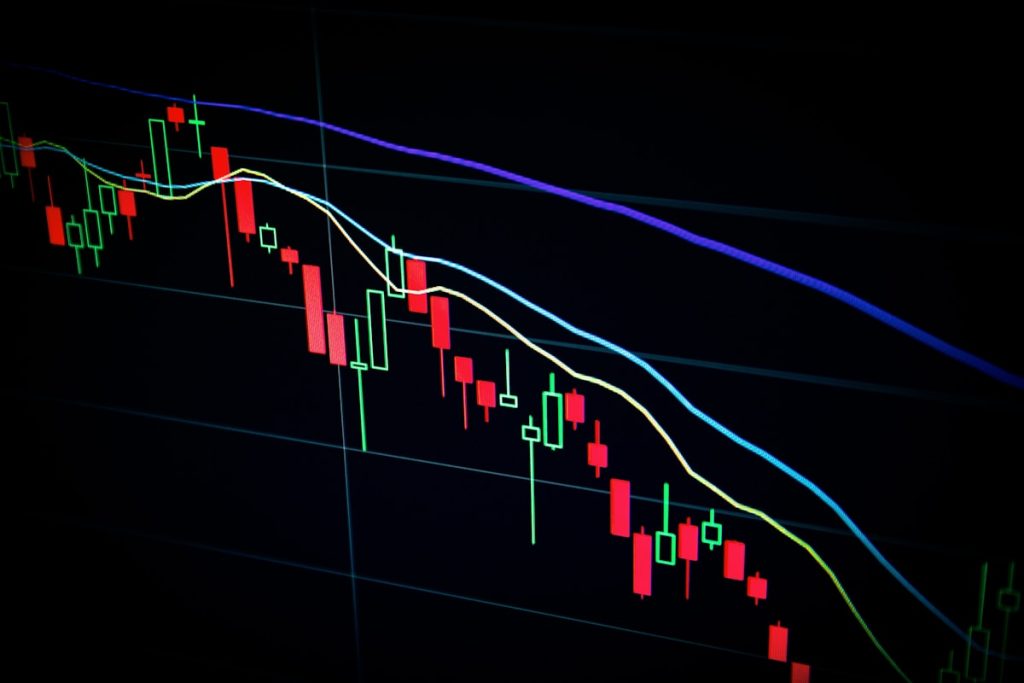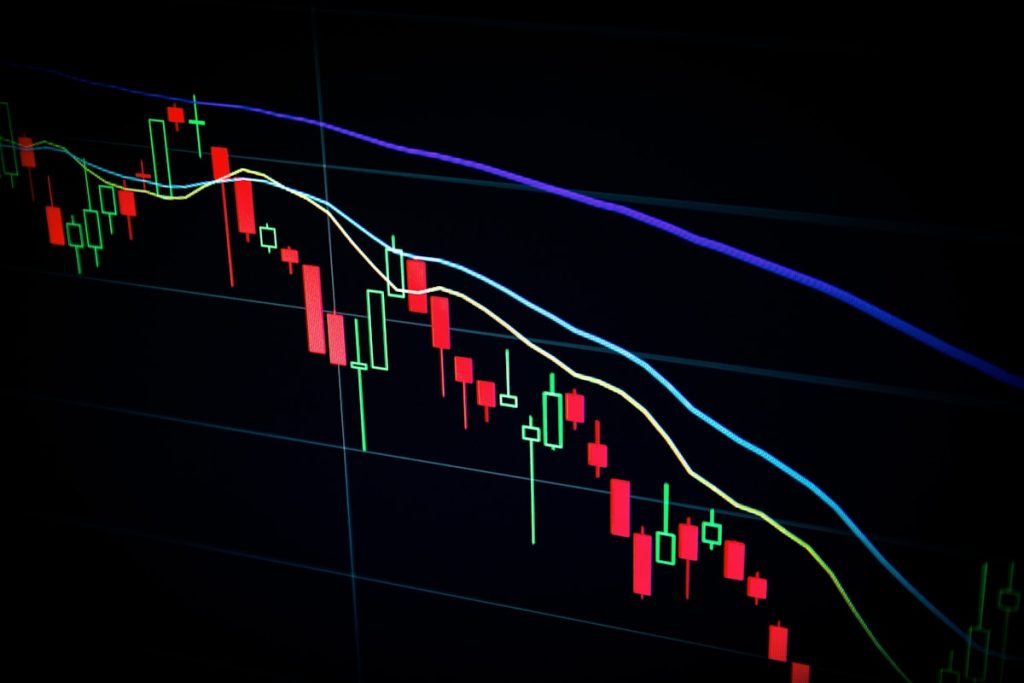Stocks Slip as Trade War Deadline Looms
Why the market is nervous
Investors are watching the calendar more closely than ever. The latest round of tariff negotiations between the United States and China is set to reach a critical deadline in the next two weeks, and the uncertainty surrounding the outcome is pushing equity markets lower. Broad‑based indexes such as the S&P 500 and the Nasdaq Composite have each slipped roughly 1.5% since the start of the week, reflecting a blend of profit‑taking, risk aversion, and fear of a renewed escalation in the trade dispute.
Key sectors feeling the pressure
The impact is not evenly distributed. Certain industries are more directly exposed to the tariffs and the potential for further restrictions:
- Technology: Companies that rely on Chinese manufacturing—Apple, NVIDIA, and Qualcomm—have seen their shares slide as investors worry about rising component costs and supply‑chain disruptions.
- Industrial goods: Heavy‑equipment makers such as Caterpillar and Deere & Co. are vulnerable to reduced demand for capital goods in both the U.S. and China if trade barriers tighten.
- Consumer discretionary: Retailers with significant overseas sales, including Nike and Starbucks, are trading lower on fears that higher tariffs could erode margins and dampen consumer spending.
- Financials: Banks and insurers are experiencing a modest pullback as lower corporate earnings forecasts translate into reduced loan demand and tighter profit expectations.
Conversely, defensive sectors such as utilities and consumer staples have shown relative resilience, attracting capital from risk‑off investors seeking stability.
What the deadline means for traders
The next two weeks are pivotal because they mark the final window for both sides to reach a comprehensive agreement before the World Trade Organization’s dispute‑resolution timeline expires. If a deal is struck, markets could rebound sharply on the back of renewed optimism. However, a missed deadline would likely trigger a series of counter‑tariffs, extending the conflict and deepening the drag on global growth.
Analysts are divided on the probability of a deal. Some point to recent back‑channel talks and the mutual interest in avoiding a “new Cold War” as signs of progress. Others highlight domestic political pressures—U.S. lawmakers demanding tougher terms and Chinese officials wary of conceding market access—that could stall negotiations.
Strategic positioning for investors
Given the heightened volatility, many portfolio managers are adopting a more defensive posture:
- Increasing exposure to high‑quality dividend payers with strong balance sheets.
- Reducing allocation to cyclical stocks that are most sensitive to trade policy.
- Maintaining a modest allocation to cash or short‑duration bonds to preserve liquidity.
- Considering hedges such as put options on broad market ETFs to protect against further downside.
For long‑term investors, the current dip may also present buying opportunities in select companies whose fundamentals remain solid despite short‑term headwinds.



